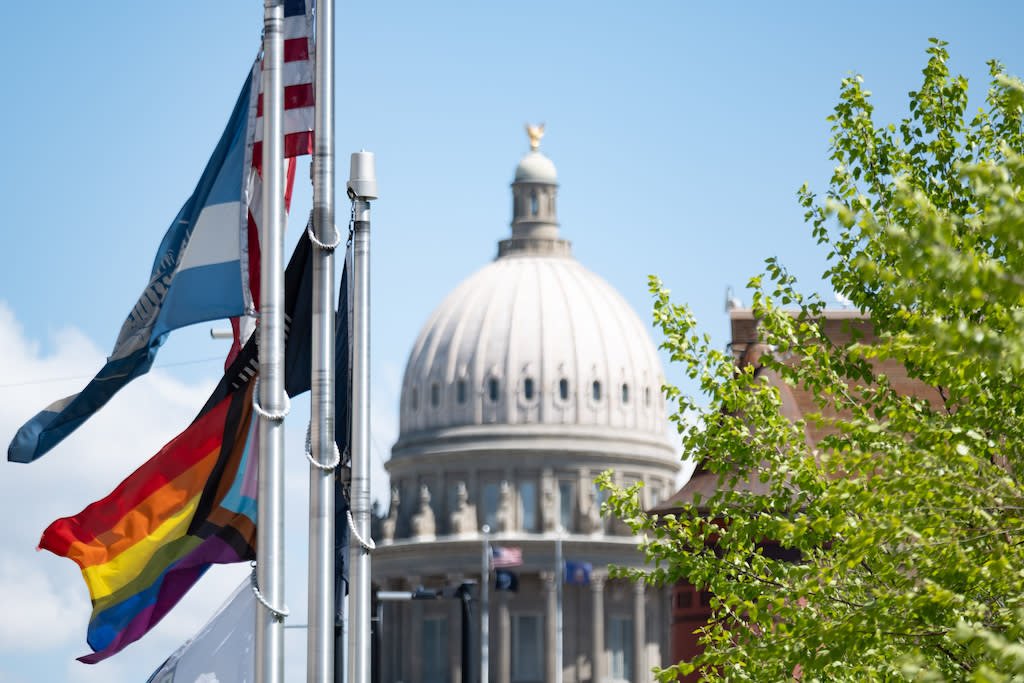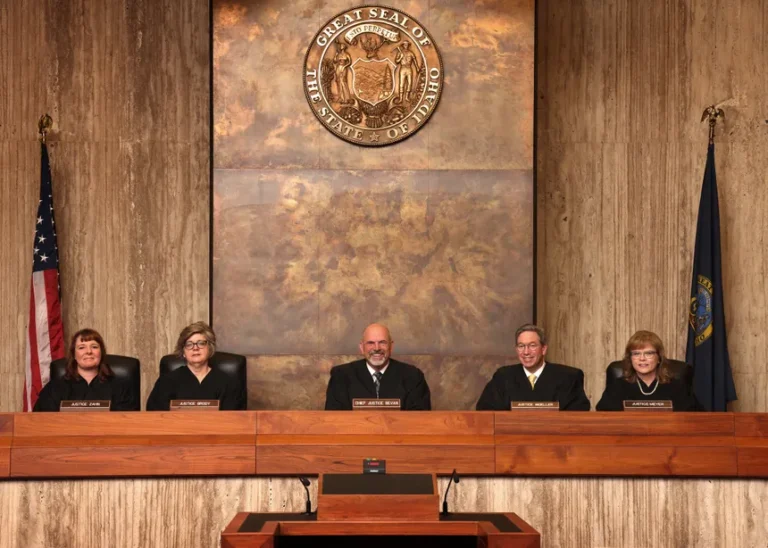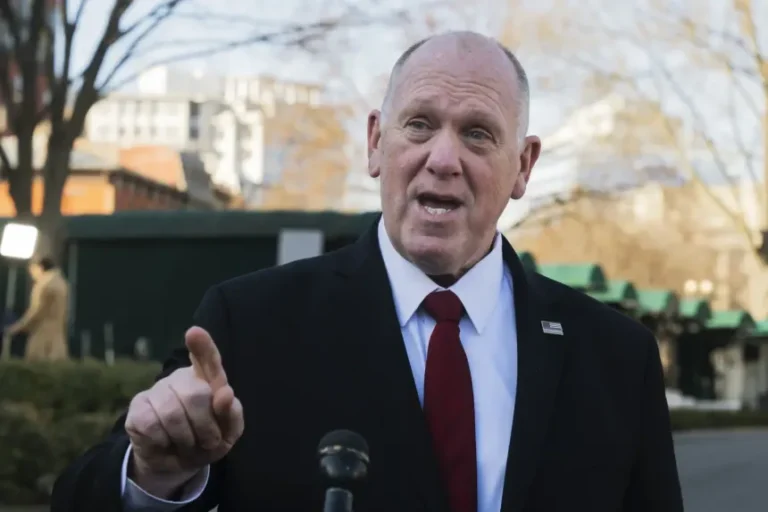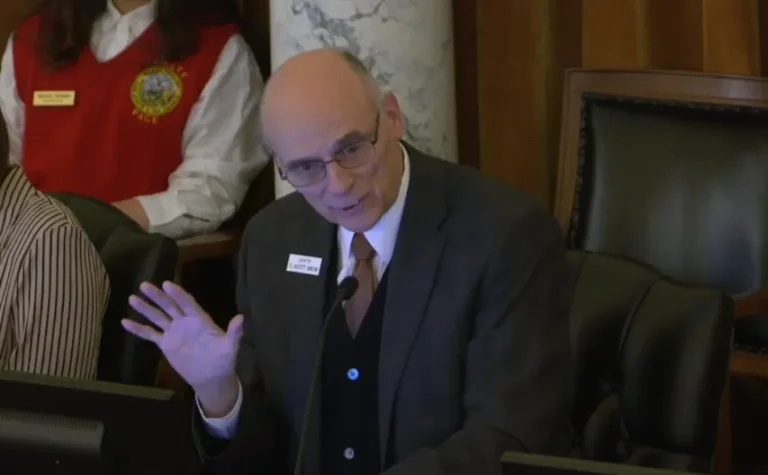
May 7, 2025 – SALT LAKE CITY / BOISE — The Democratic-led city governments of Salt Lake City, Utah, and Boise, Idaho, have moved to officially designate pride flags as city symbols, a maneuver critics say was designed to circumvent recently passed state laws limiting political displays on government property.
Utah and Idaho both enacted legislation restricting the types of flags that can be flown at government buildings, allowing only a narrow set including U.S. flags, military insignia, and official state or city banners. Despite this, both cities adopted or redefined flags associated with LGBTQ+ activism, triggering accusations of politicizing civic spaces and undermining legislative authority.
New Flag Designations Spark Tension with State Governments
In Salt Lake City, officials voted Tuesday to adopt three new city flags: a rainbow flag overlaid with the city’s sego lily emblem, a transgender pride flag with city markings, and a Juneteenth flag. The vote came just hours before a new Utah law went into effect prohibiting non-sanctioned flags at government sites.
Mayor Erin Mendenhall claimed the move was not intended to provoke, though observers pointed out the timing and content of the flags appeared aimed at defying the Republican-controlled legislature.
Meanwhile in Boise, the city council voted 5–1 to retroactively declare the rainbow pride flag and a white flag for organ donor awareness as official city flags. This move was framed as a technical solution to allow their continued display, despite Idaho’s House Bill 96, which limits flag displays at public facilities. Mayor Lauren McLean had already refused to remove the pride flag, suggesting she viewed the law as unenforceable.
Critics Decry Politicization of Public Institutions
State lawmakers and critics of the cities’ actions say the flag declarations undermine the intent of the laws, which were passed to maintain political neutrality in government spaces and prevent taxpayer-funded institutions from displaying partisan or ideological symbols.
Utah House Speaker Mike Schultz called Salt Lake City’s actions a “waste of taxpayer resources” and accused city leaders of engaging in political theater rather than addressing substantive local issues.
In Boise, opposition came from both residents and state officials. Idaho Attorney General Raul Labrador has warned of enforcement action and is expected to seek additional penalties in the next legislative session.
One Boise resident at the council meeting said the mayor had failed to represent all citizens equally. “That flag doesn’t represent me,” he said.
Legal Challenges May Be Imminent
Boise has retained legal counsel in anticipation of possible lawsuits. The city’s legal team will represent it pro bono, according to city officials.
Council President Colin Nash claimed the resolution was not about defiance, but about compliance, though critics questioned the credibility of that claim given the political context and timing.
Broader Implications for Cities Nationwide
The moves by Salt Lake City and Boise come amid a broader trend of state legislatures passing laws to assert control over what public entities can display. More than a dozen states are considering similar flag restrictions.
Some cities are now exploring legal loopholes and symbolic declarations to retain displays that would otherwise be barred.
In Bonners Ferry, Idaho, officials passed a resolution declaring every day a “special occasion” to continue flying the Canadian flag, after the state law forced its removal.



